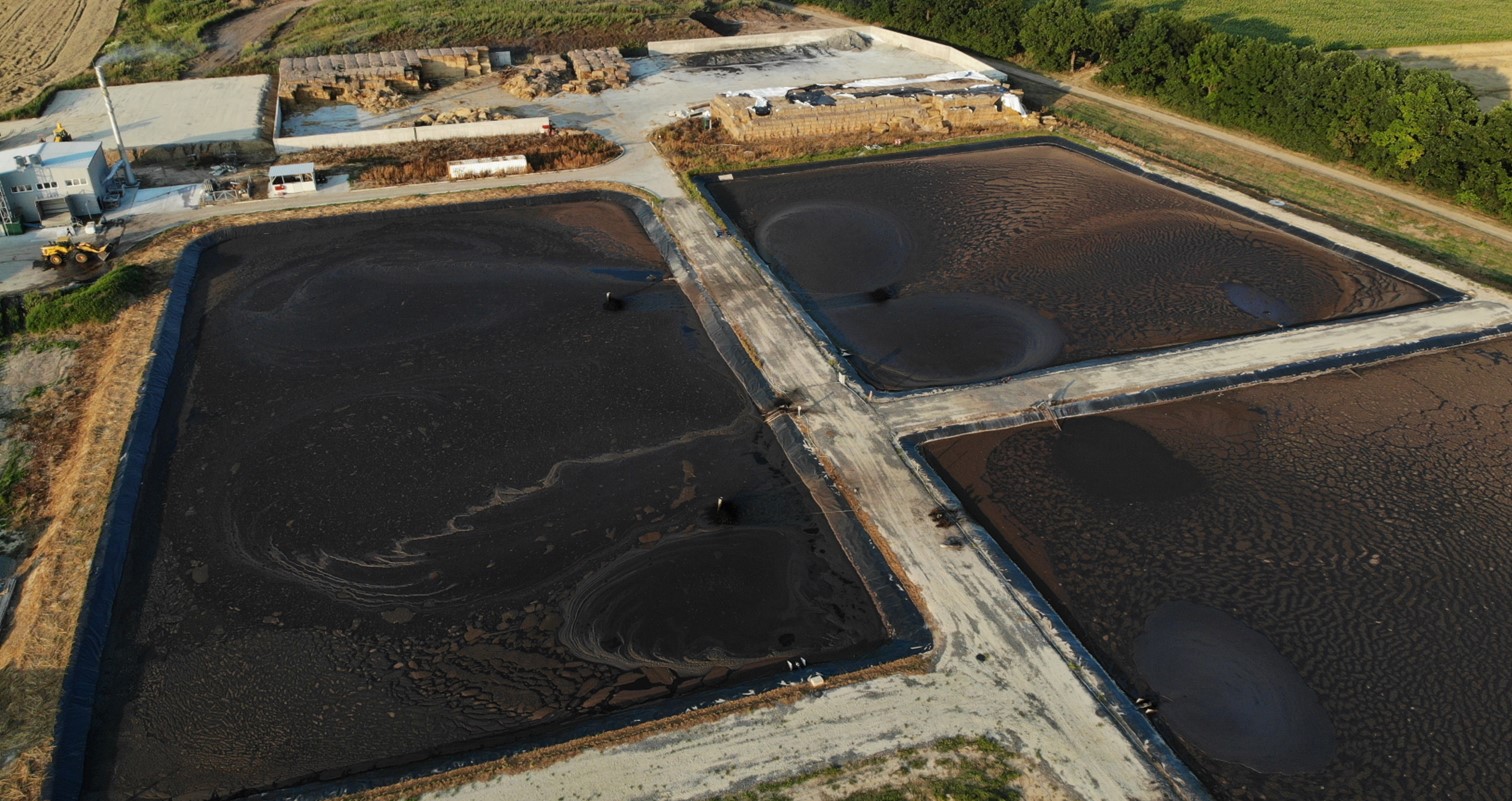
Dewatering of Industrial Sludge in Water Treatment
The sludge dehydration process is crucial for managing the waste generated during wastewater treatment. The goal is to reduce the volume of generated sludge and produce a solid residue that can be easily handled, transported, and safely disposed of.
Stages of the sludge dewatering process:
A typical sludge dewatering process considers the following stages:
- Sludge thickening. Before dewatering the sludge, it must go through a thickening stage to remove as much water as possible. Chemical products such as flocculants and coagulants are generally used in this stage.
- Sludge Preparation. Once the sludge is thickened, it must be prepared for dewatering. This process may involve using some polymers or other chemicals to improve the ability to dehydrate and form a solid mass.
- Mechanical Dewatering. The prepared sludge undergoes a mechanical dewatering process, which may include: screw presses, belt filters, centrifuges, or other devices for solid/liquid separation.
- Dewatered Sludge Collection. The water separated during the dehydration process is collected for further treatment and disposal, or reintroduction into the industrial process for reuse or recycling within the production process. Chemical products are also used at this stage to treat the final effluent and leave it in conditions suitable for disposal or reuse.
- Final Disposal. Dewatered sludge is usually transported to final disposal facilities, such as solid waste landfills or incineration facilities, depending on local regulations and the physicochemical characteristics of the dewatered sludge.
Types of Sludge
Depending on the process and industry, two types of sludge are generated: primary and biological sludge.
Primary Sludge
It is obtained after physicochemical separation and after coagulant and flocculant application. There are different types of equipment for dewatering this sludge, such as centrifuge, belt filter, screw press, and plate press. For any of this equipment, a determined dose of coagulant/flocculant previously selected by jar or sedimentation test must be applied, in the feed line. The dewatered sludge is collected in a hopper for disposal, and the outlet water that is eliminated by the equipment is returned to the treatment system or discarded, in both cases after treatment, to comply with the legal provisions in force or the requirements of the process where this effluent will be reused.
Biological Sludge
Also, dehydration can be achieved using any of the equipment mentioned above, but coming from a bacterial digestion process, the selection of chemicals is different and must be more specific.
Industrial Sludge Process Management
The management of industrial sludge handling processes must be designed and selected with the right tools and knowledge to avoid high investment (Capex) and operating (Opex) costs. To obtain sludge with the lowest possible moisture content, the quality of the sludge, its physicochemical characteristics, and the use of adequate dewatering equipment are supposed to determine the best cost/performance ratio in the stages of dewatering, transport, and final disposal.
The recycling or reuse of wastewater is another stage that must be properly managed in the sludge dewatering process. Once the treated water from sludge dewatering is free of hazards and contaminants, it can be recovered for industrial and community use (irrigation, re-injection of aquifers, etc.).
From the above, it is relevant that the selection of chemicals is appropriate at each stage of this process.
Our Offer: Technical Support & High-Quality Chemicals
At Mathiesen, we have the specialized technical personnel and specific laboratories to perform the tests and trials required to validate the different chemical products both in the solid/liquid separation processes (coagulants or flocculants) and the treatment of liquid effluents for their disposal or reuse in the production processes.
If you want to know more about our water treatment offer, enter here, and if you want more information from our experts, contact us, and we will get back to you as soon as possible.















